When we’re hit by stress, usually one of the first things affected is our sleep.
“Sleep? What’s that?” Paul said. “I manage to snatch a little here and there, but I haven’t slept through the night since Colton died.”
Paul’s son Colton had always been into horses. He began riding at age 4. He spent most of his free time at the arena. He landed an equestrian scholarship and excelled in college.
Colton was killed one day in a freak accident, caught between two horses spooked by the sudden appearance of a low-flying plane. He had just turned 20.
“At night, all I can think about is Colton. I’ve had so many nightmares that now I just expect them. Most nights I don’t even want to go to bed,” Paul shared.
When sleep flees from us
Sleep disturbances are natural and common after the loss of a loved one and during times of severe stress. Our normal biorhythms have been upset.
Our system frequently interprets loss as a threat, sending us into fight-or-flight mode. It’s hard to rest, sleep, or relax when our brains are sending danger signals to our organ systems.
We try to sleep, but sometimes the quiet gets to us. Our minds spin, and most of our thoughts have to do with our loved one. We naturally dig up all the old questions. Why did this happen? How? What could I have done? How do I live through this?
Minutes turn into hours. If we’re lucky, we drift off from time to time. When we do sleep, we often wake up with a start. Another dream about them. Perhaps it was a nightmare and we wake in a panic. Maybe it was a good dream, and we open our eyes to the terrible disappointment of reality.
Many think dreams are an outlet used by our unconscious to work through what the conscious mind cannot. If so, dreams can be another avenue whereby we process our grief. No wonder we dream of our loved one. We love and miss them.
Sleep deprivation is said to be the most basic form of torture. Over time, it can begin to take its toll our bodies and our health.
Most of us need help dealing with the confusion, pain, and anger that so often leads to insomnia and sleep disturbances. None of us should be alone with our nightmares. We’re suffering enough already.
Lack of peace, safety, security, and closure usually results in lack of sleep. Sleep disturbances are a natural and common experience for hearts shattered by loss.
“Even in my sleep, I think of you. I miss you.”
An exercise to try:
Sleep disturbances are common. Processing your grief and moving back toward healthy sleep patterns is important. Here are three possible action steps in that direction:
1. Breathe. Practice breathing deeply – in through your nose and out through your mouth – especially right before bed.
2. Talk. Talk about your dreams with someone you trust. Be as honest and specific as possible. “Getting it out” is important.
3. Write. Write your nightmares and dreams down. If you’re artistic, draw or paint them. This slows down the mind and emotions and helps us process the experience.
A determined focus to practice these three things – Breathe, Talk, Write – can make a big difference over time. Stay with it. You’ll be glad you did.
Adapted from the 2017 Best Book Awards Finalist and Amazon bestseller, Shattered: Surviving the Loss of a Child.
Question: Has your sleep been affected? What have you found helpful in dealing with this?
Additional Recommended Resources:
5 Truths about Heartache, Sleep, and Dreams – Thrive Global
Grief Soundbites: Anxiety – Gary Roe YouTube
5 Step Anti-Anxiety Prescription – Wellness.com



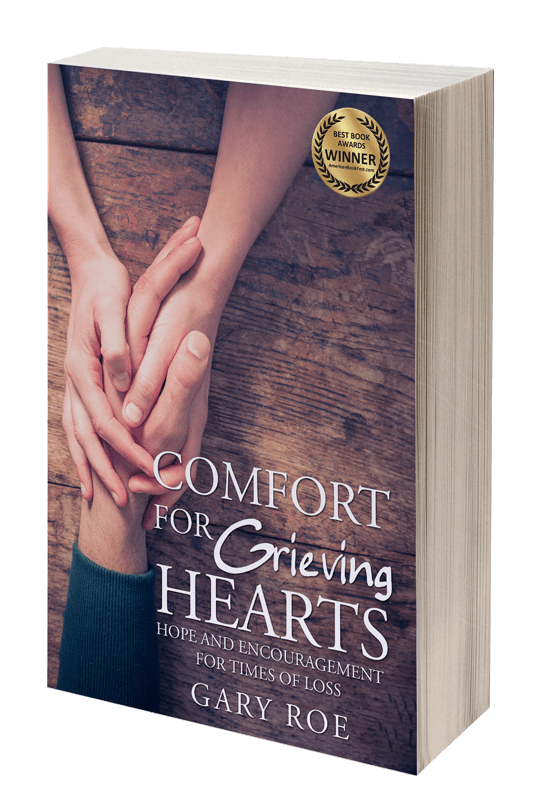
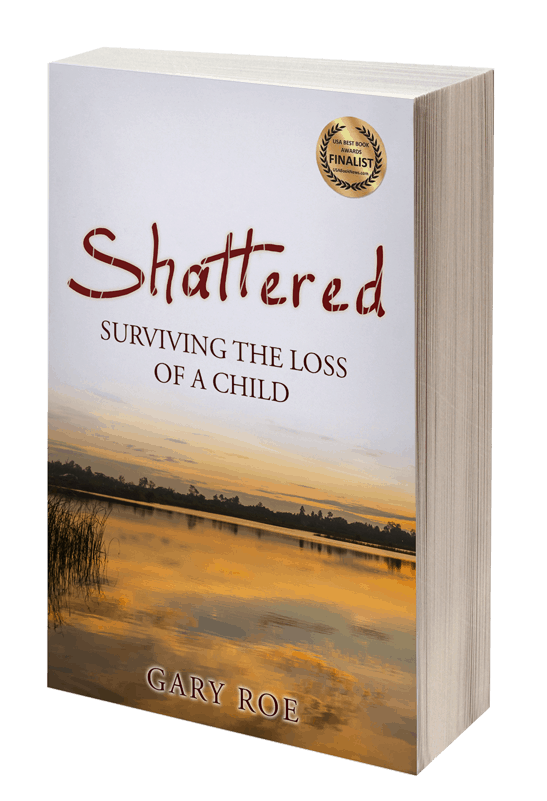
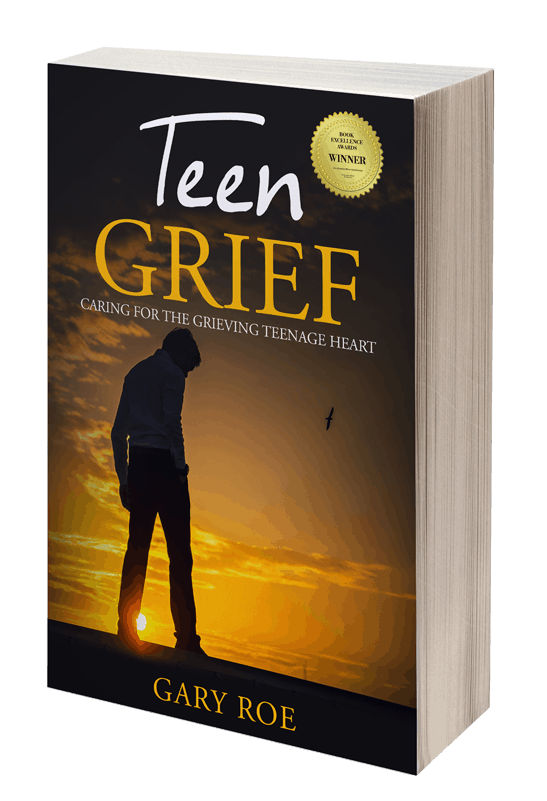
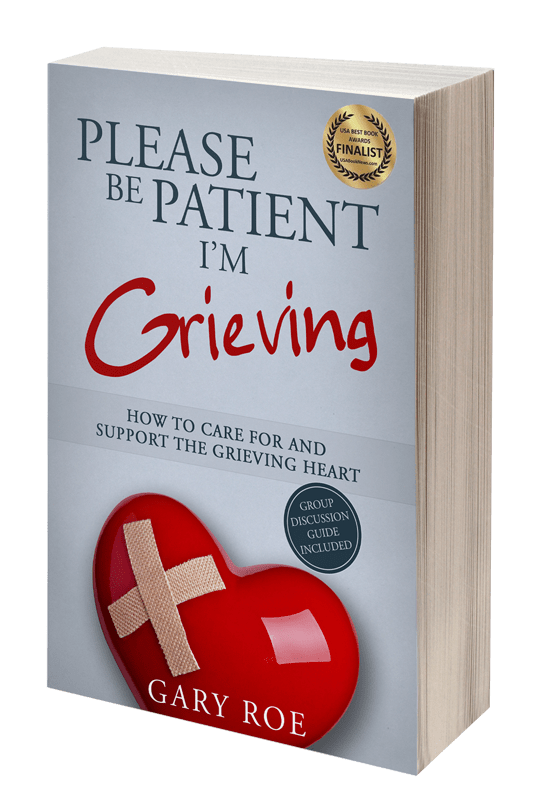
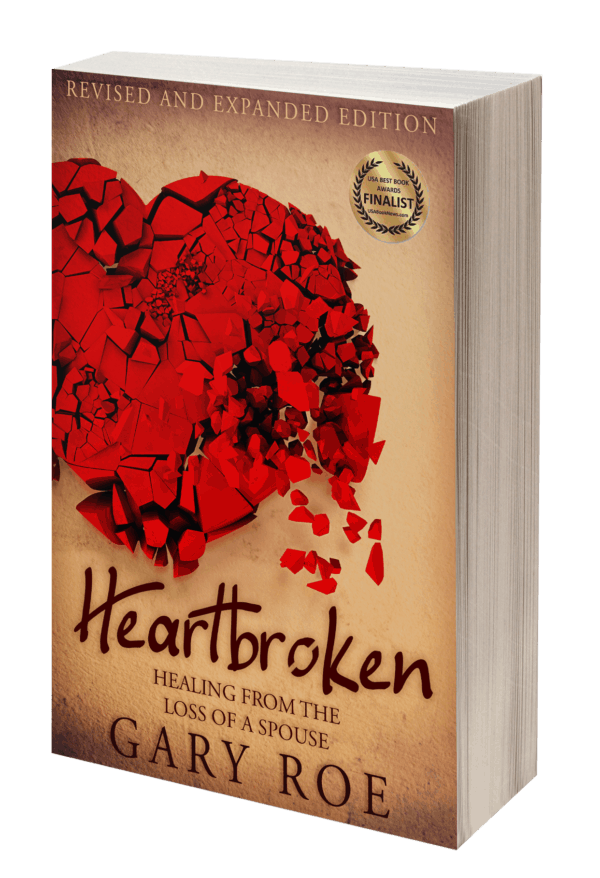
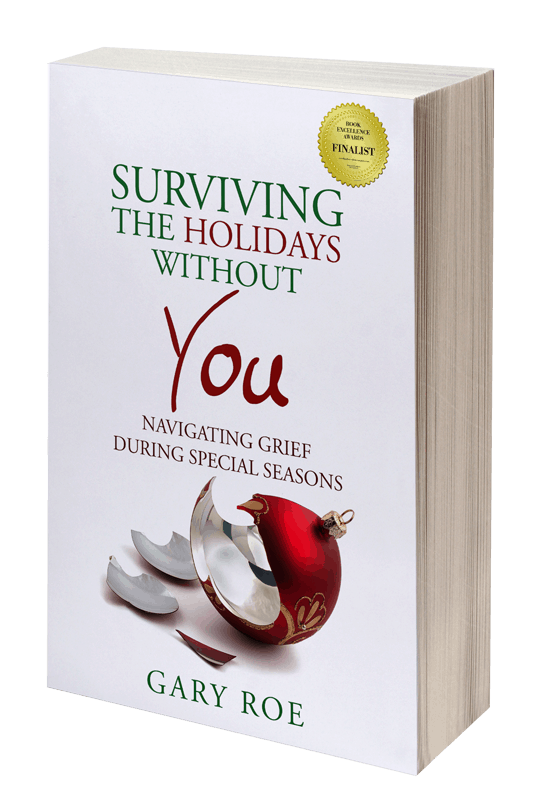
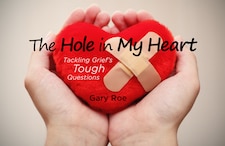
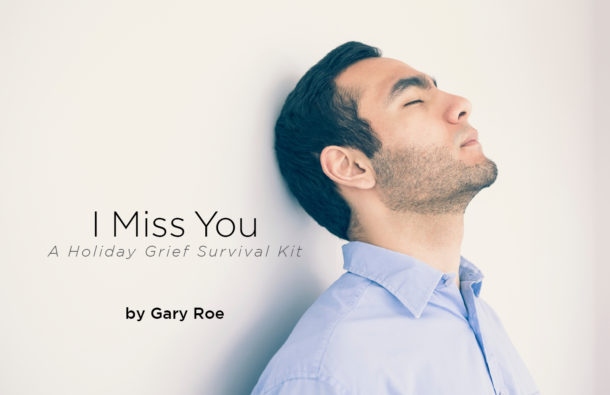
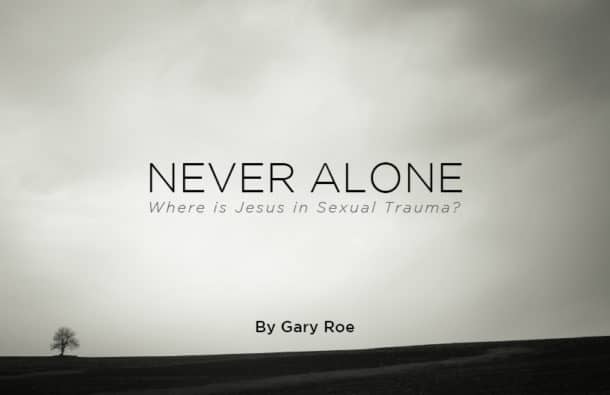

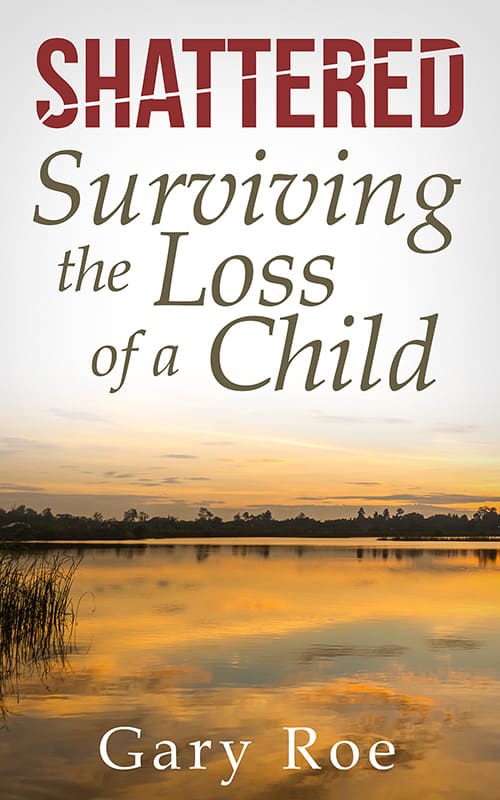
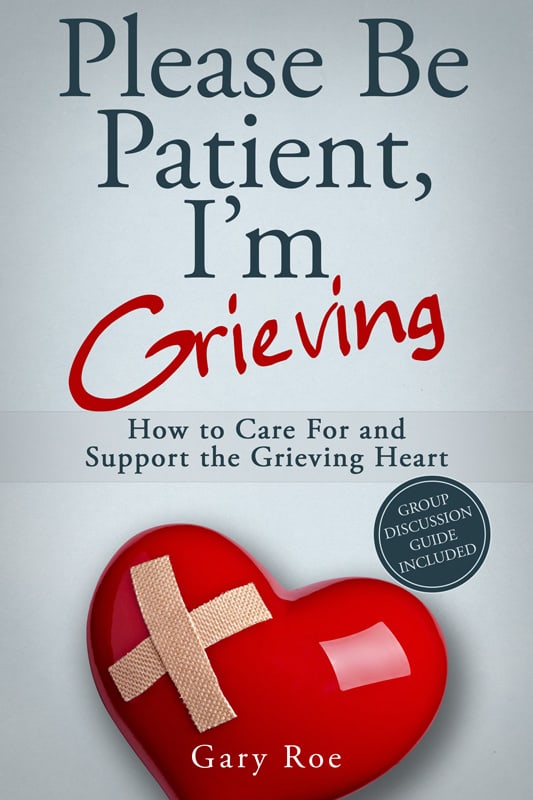
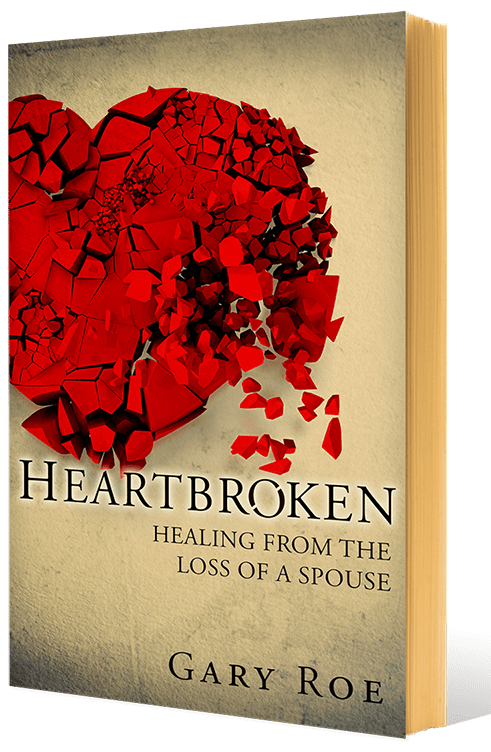
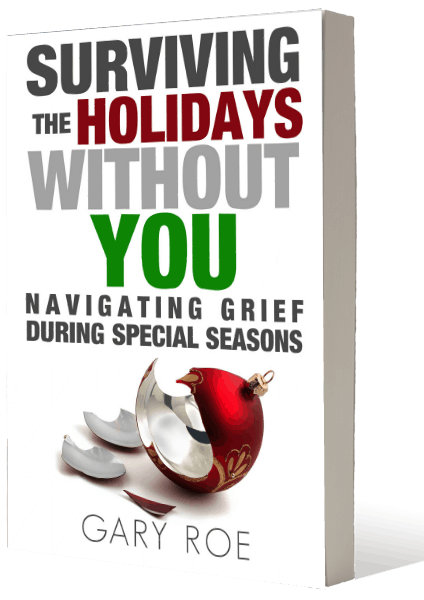

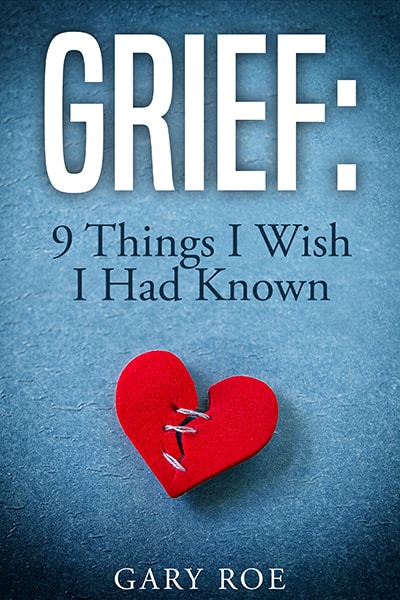
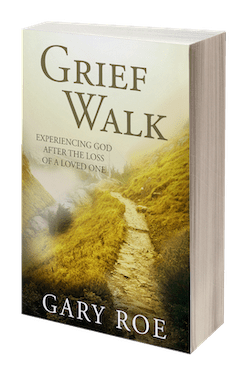
I know at times I have a hard time falling or staying asleep when my mind is racing or it was a very trying day. The one thing that has helped me is listening to the songs that he used to sing together such as cruise by Florida georgia line then I can get some sleep
HI Joyce. Thanks for sharing this. How creative, and meaningful. He obviously helped you feel very safe. Thanks again for sharing. Blessings to you…
You have been so helpful to me. Thank you so much.
Hi Ann. Thanks for your encouragement and support. Comments like this keep me writing!
Your book, Shattered: Surviving the Loss of a Child, was the best book I have ever read. It gave me so much comfort after the death of my son John. I highly recommend this book.
Hi Kathleen. Thank you. I’m so glad Shattered was helpful to you. Such a powerful, deep, and painful loss. I’m so sorry about John. If there’s ever anything I can do for you, please let me know. Blessings to you, Kathleen.